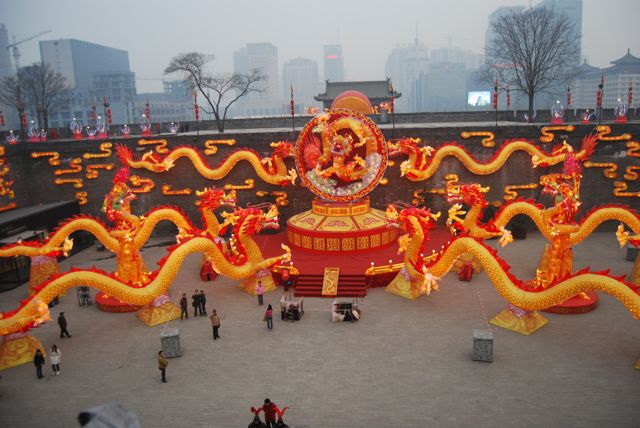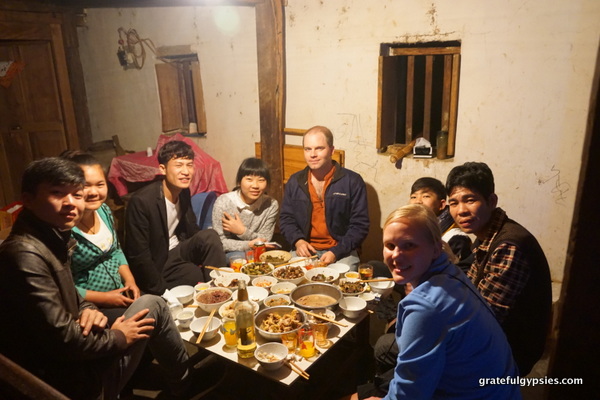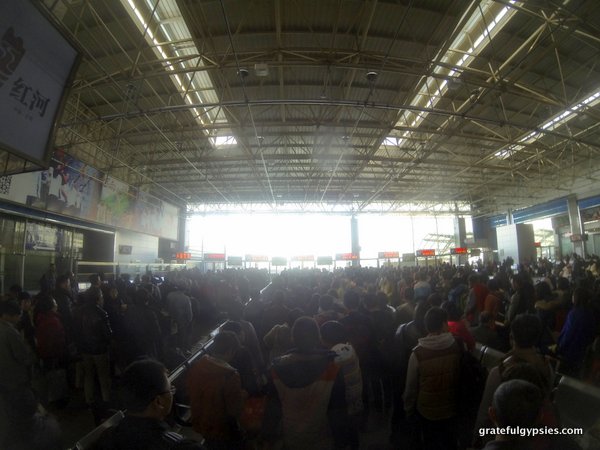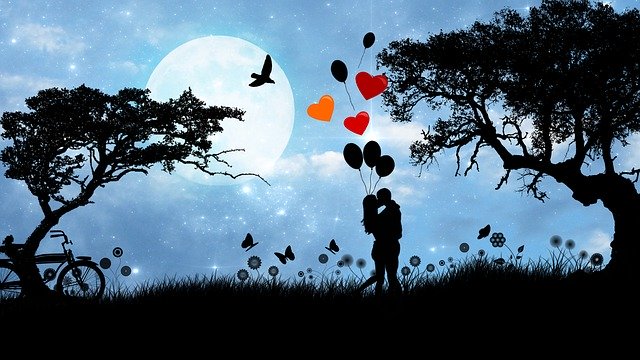2022 Chinese Holiday Calendar Posted by sasha on Jan 5, 2022 in Culture, Holidays, Vocabulary
A New Year is upon us and we’re excited about what it may bring. 2021 basically felt like a repeat of 2020, so here’s to hoping that 2022 is a better year for us all! One of the best things about the start of the year is looking forward to all the holidays. That’s why we’re taking a closer look at the 20222 Chinese holiday calendar today. Read on to learn about all the official (and unofficial) holidays in China and when they will be celebrated this year.
2022 Public Holidays in China
Chinese holidays are a bit confusing (中国的假期有点混乱 zhōngguó de jiàqī yǒudiǎn hǔnluàn) as they use both the Gregorian (公历 gōnglì) and lunar calendar (阴历 yīnlì). Some holidays fall on the same day every year, such as New Year’s Day and National Day.
Most of the major Chinese holidays, however, follow the lunar calendar. This includes the biggest holiday of them all (Spring Festival), along with other traditional holidays like Tomb Sweeping Day and Mid-Autumn Festival.
Here’s a table that shows the seven official public holidays (plus Chinese New Year’s Eve) for 2022. I’ve included the dates, Chinese name, pinyin, and English for each holiday:
January 31
February 1
April 5
May 1
June 3
September 10
October 1
除夕
春节
清明节
劳动节
端午节
中秋节
国庆节
chú xì
chūn jié
qīng míng jié
láo dòng jié
duān wǔ jié
zhōng qiū jié
guó qìng jié
Spring Festival Eve
Spring Festival
Tomb Sweeping
Labor Day
Dragon Boat Festival
Mid-Autumn Festival
National Day
*Those are the dates of the actual holidays, but people usually get a few days up to a whole week off depending on the holiday.
Spring Festival is the most important Chinese holiday (春节是中国最重要的节日 chūnjié shì zhōngguó zuì zhòngyào de jiérì). That’s why I included Chu Xi (Chinese New Year’s Eve) on this list. It’s the night when people get together with their families for a huge New Year’s eve dinner (年夜饭 nián yèfàn). We’ve got lots of informative posts about this traditional Chinese holiday as well as a few videos on our YouTube channel. Here are some of my favorites:
Both the Spring Festival and National Day are Golden Weeks (黄金周 huángjīn zhōu). This year, Spring Festival is between January 31-February 6, while National Day lasts from October 1-7. It’s a bit complicated how they work things out, as people make up the extra days for these long holidays by going to school/work on weekends.
For example, people will work seven days in a row from January 24-30 in order to have the following week off for Spring Festival. It’s no wonder things are so chaotic and people are so stressed out around this time. I gave up trying to understand the system years ago and just try to avoid traveling around those major holidays.
The shorter holidays are much more enjoyable times to travel around China. For example, I had a great time traveling to watch the dragon boat races (龙舟赛 lóngzhōu sài) one year. Since these are shorter holidays, way fewer people actually travel for them. Check out some highlights of the races in this short video I put together:
2022 Unofficial Holidays in China
In addition to the official holidays, China also has a bunch of unofficial holidays. Here are ten of these holidays for the 2022 calendar in China:
March 8
March 12
May 4
June 1
August 1
August 4
August 12
September 30
November 11
国际妇女节
植树节
五四青年节
儿童节
建军节
七夕节
中元节
烈士纪念日
光棍节
guó jì fù nǚ jié
zhí shù jié
wǔ sì qīng nián jié
ér tóng jié
jiàn jūn jié
qī xì jié
zhōng yuán jié
liè shì jì niàn rì
guāng gùn jié
Int’l Women’s Day
Arbor Day
May 4th Youth Day
Children’s Day
Army Day
Qixi
Hungry Ghost Festival
Memorial Day
Single’s Day
There aren’t typically days off for these holidays, but kids usually get to do something fun to celebrate Children’s Day. In case you’re wondering why there’s both a Youth Day and a Children’s Day, it’s because the former is meant for those age 14 and up. This day commemorates the May 4th Movement (五四运动 wǔsì yùndòng) that grew out of student protests in Beijing in 1919.
Two of these holidays provide an interesting contrast. Qixi is known as Chinese Valentine’s Day and it has an interesting backstory. Click here to read it and learn a Chinese poem for this romantic day. Single’s Day, on the other hand, is basically the anti-Qixi. It happens on 11.11 to represent all the singles out there still looking for love. On this day, people eat four youtiao and one baozi (四个油条和一个包子 sì gè yóutiáo hé yīgè bāozi) to represent the date.
I hope this post helped you learn a bit more about China’s unique holidays. With so many different holidays throughout the year, there’s always something to look forward to on the calendar. I’d like to end this post with a question for all our readers. Please leave a comment below and let us know your answer!
你最喜欢的中国节日是什么?
Nǐ zuì xǐhuān de zhōngguó jiérì shì shénme?
What’s your favorite Chinese holiday?

Build vocabulary, practice pronunciation, and more with Transparent Language Online. Available anytime, anywhere, on any device.








Leave a comment: